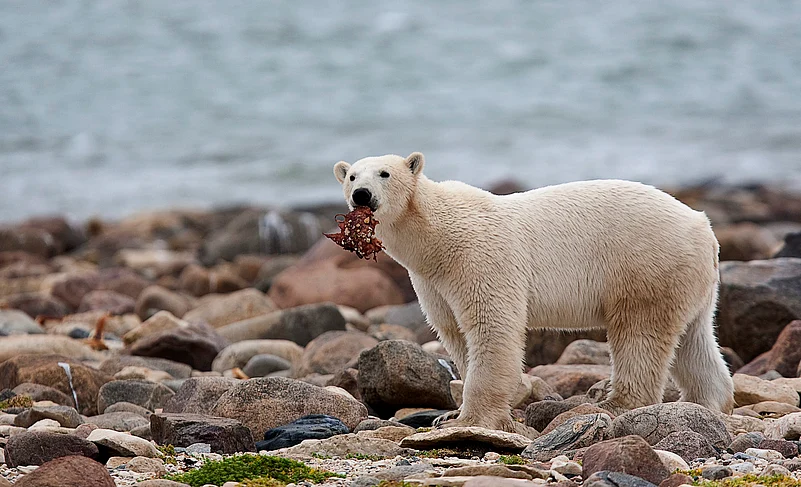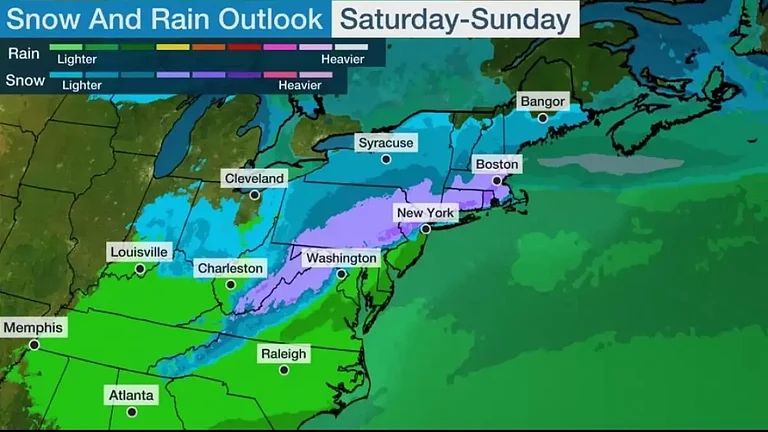Polar bears, the magnificent apex predators of the Arctic, are facing a dire threat as the very foundation of their existence, the sea ice, melts away. Recent research reveals that as Arctic sea ice diminishes due to global warming, polar bears are finding it increasingly challenging to sustain themselves, leading to starvation for some.
The struggle of Polar Bears on land
Traditionally, polar bears have relied on hunting ringed seals on ice floes offshore. However, with the rapid disappearance of sea ice, many bears are forced to spend more time on land, where their dietary options are limited to bird's eggs, berries, and grass. This shift in diet causes the bears to rapidly lose weight, raising their risk of death due to starvation.
Climate Change: A Complex Threat
While polar bears have long been emblematic of the consequences of climate change in the Arctic, the situation is more complex than initially thought. While unsustainable hunting led to a decline in polar bear populations until the 1980s, legal protections have since facilitated population recovery. However, the primary threat now is climate change, particularly its impact on sea ice.
A study conducted in Western Manitoba sheds light on the plight of polar bears as they struggle to adapt to their changing environment. Researchers tracked 20 polar bears over three summers, observing their behaviors and dietary habits. Despite attempts to forage for alternative food sources or conserve energy, the majority of bears experienced significant weight loss, emphasizing the severity of the situation.
Adaptation Challenges
The study's findings underscore the urgent need for action to mitigate climate change and protect polar bear habitats. While some bears may adapt to changing conditions, the broader implications of continued sea ice loss remain concerning. Experts warn that polar bears could disappear from certain areas if current trends persist, highlighting the critical importance of conservation efforts.
As polar bears face increasing challenges in their struggle for survival, it is imperative that we address the root causes of climate change and protect their fragile ecosystems. Through collective action and conservation initiatives, we can strive to ensure a future where these iconic Arctic species thrive in their natural habitat.



























